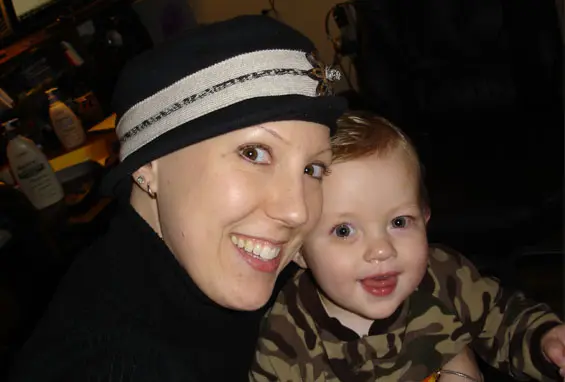Premature ovarian failure
Premature ovarian failure is the medical term used to describe early menopause. Typical menopause occurs in people between the ages of 42 and 56. In the case of people who have premature ovarian failure, they experience menopause before the age of 40 and usually run out of eggs in their ovaries.
Indicators of premature ovarian failure
Symptoms
Causes
The cause of premature ovarian failure is generally unknown. However, there are a few reasons why the ovaries may experience a decrease in egg supply at an early age, such as:
Diagnostic testing for premature ovarian failure
Your medical history is important in diagnosing premature ovarian failure. However, your physician may need other tests to confirm the diagnosis such as:
Treatment for premature ovarian failure
While we cannot reverse the effects of premature ovarian failure, there are still several treatment options to help aid in conception. Depending on the size of your remaining egg supply, your physician may recommend either in vitro fertilization (IVF) using either your own eggs or donor eggs. While success may be possible using your own eggs, the best results will come when using the eggs of a donor.
When a decrease in ovarian supply is identified early, a woman may want to consider egg freezing at Shady Grove Fertility as it provides a reliable option for the future. By freezing your eggs before the egg supply is nearly depleted, you can extend your fertility potential for when you are ready to have a family. However, people with diagnosed premature ovarian failure are not eligible for egg freezing.
FAQs
Success stories from patients with premature ovarian failure
Patient Story
Cindy & Andrew
Patient Story
Heidi & Sean
Patient Story
Mary & Jim
Patient Story



